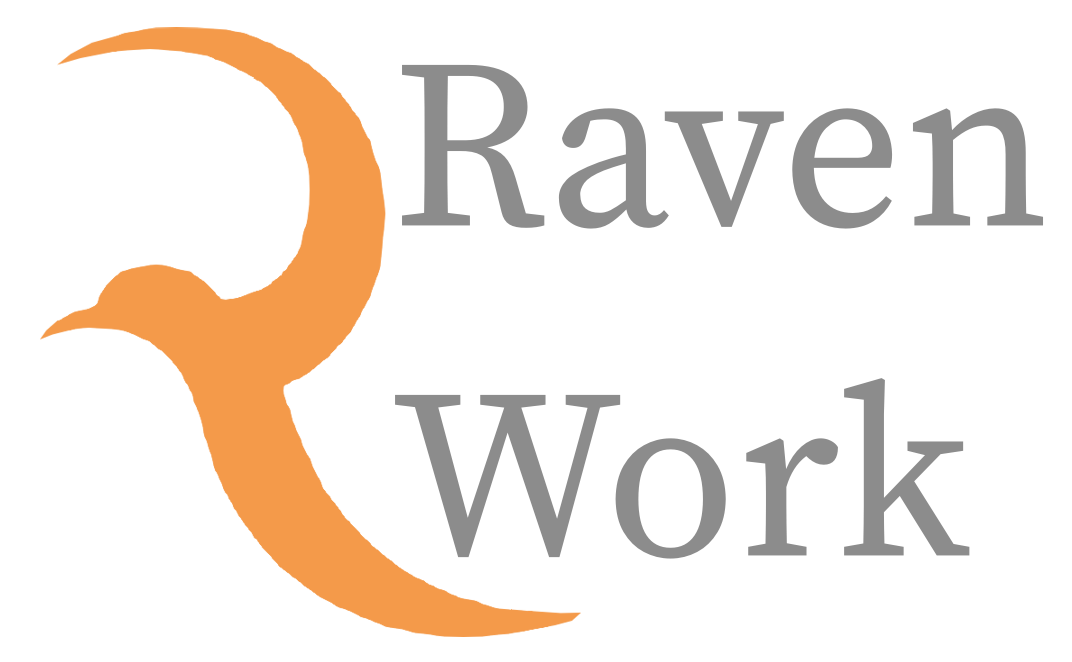the strength of quiet leaders
A Chief Operating Officer of a large law firm and I were talking one day and told him I was conducting research with introverted leaders. He laughed and said “no really, what are you doing, because there aren’t any introverted leaders, so who are you interviewing?”
I looked at him, waiting for him to say “just kidding!” But he just looked back at me in all seriousness. I responded, “You mean you don’t think introverts can be leaders or you just think you’ve ever met one?”
He replied, “I just think you have to be an extrovert to do this job. You have to like people, want to have a lot of conversation, give presentations, and think fast on your feet.”
What was happening here? Was I suddenly on one of those hidden camera shows? At that moment, I made it my mission to understand why anyone would think an introvert could not or would not want to be a leader. Here is what I discovered.
Extroversion is often rewarded on the corporate leadership ladder. Adam Grant (2010) noted that “whereas 50% of the general population is extroverted, 96% of managers and executives display extroverted personalities.” And as you move up the corporate hierarchy, it is increasingly likely you will be working with a highly extroverted person.
Why?
Because the extrovert does things to get noticed like think through problems in groups, talk through ideas with others, command the center of attention, and take over discussions. They tend to look more at the BIG PICTURE, not details, which can contribute to quick decision making. Many people associate extroversion with dominance, and positive emotions like warmth, assertiveness, and sociability. We tend to use words for introverts like introspective, quiet, unsociable, and lacking assertiveness. The introvert faces three main challenges in achieving leadership positions according to a study by Lebin, et al
(2019). These are: Perception Gaps, Invisibility, and Low Social Capital. In other words, others may view them as not capable for the top job (perception gap), they may not be seen by others due to their more quiet natures (invisibility), and because they may spend more of their time alone or in small groups, they may not have the contacts that a highly super-charged socializer has (low social capital).
What’s So Great About the Introvert Then?
I can list a hundred things that make introverts a great leader. But in my research, here are the qualities of introverted leaders that really stand out. Introverted Leaders…
1. Listen really well. They don’t have to be the one talking all the time.
2. Are particularly good at collaboration and teamwork: open, asking really good questions.
3. Promote others, mentoring and training them to grow professionally.
4. Like to focus deeply on work, understanding something at a complex level.
5. Build deep relationships. They may not have 1000’s of trusted colleagues, but the ones they make are deep and enduring.
How to Promote More Introverts to Leadership Roles.
I admit it, I want to see more introverts in leadership roles. So how do we get them noticed and promoted? We can think about the QUALITIES needed in the leadership role, then take a more comprehensive look around to find the candidate that fits what we want, rather than choosing the person on the front row, with their hand held high in the air, nearly jumping out of their seat with enthusiasm. And by the way, sometimes we want the front row, hand up candidate. But we can be more intentional with our choices, not using charisma as default.
Someone asked me the other day if I just LIKED introverts more than extroverts. Leading question?! I have a lot of extroverted friends and colleagues, and like them a lot. I also have some amazing introverted friends and colleagues and want them to be more noticed for their brilliant accomplishments, deep work, and commitment to collaboration and others’ success. Not that extroverts aren’t brilliant, deep thinkers, and committed to people. I just believe this is the natural skill set of the introvert. They are fluent in it. Let’s choose our leaders based on the language we most need to speak in that particular role. Who knows, it may be an introvert you’re searching for.
Sources:
Cain, S. (2012). Quiet: the power of introverts in a world that can’t stop talking. New York, NY: Crown Publishers.
Grant, A. M., & Hoffman, D. A., (December, 2010). The hidden advantages of quiet bosses. Harvard Business Review.
Lebin, L.G., Riddle, M., Chang, S., & Soeprono, T. (2019). Continuing the quiet revolution: developing introverted
leaders in academic psychiatry. Academic Psychiatry 43: 516-520.
McCord, M.A., & Joseph, D. L., (2020). A framework of negative responses to introversion at work. Personality and
Individual Differences 161, 1-10.

